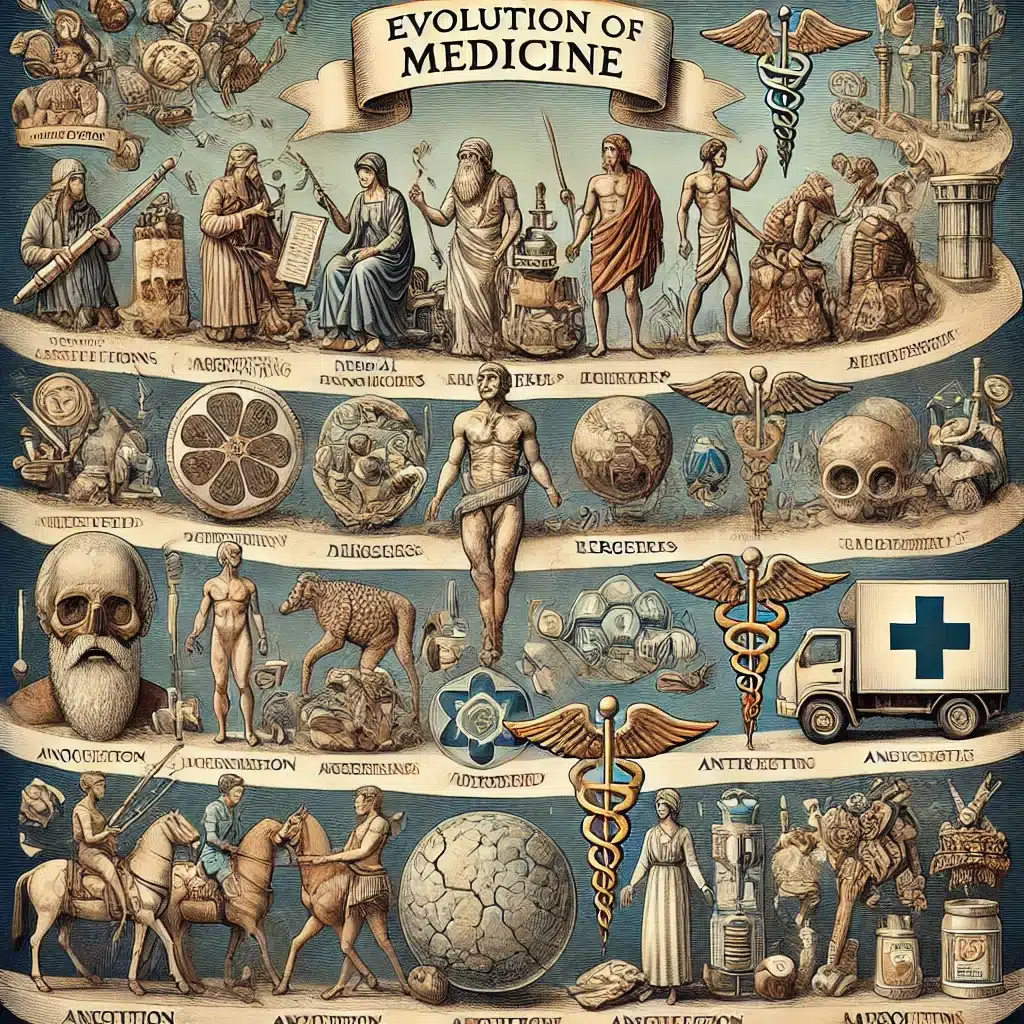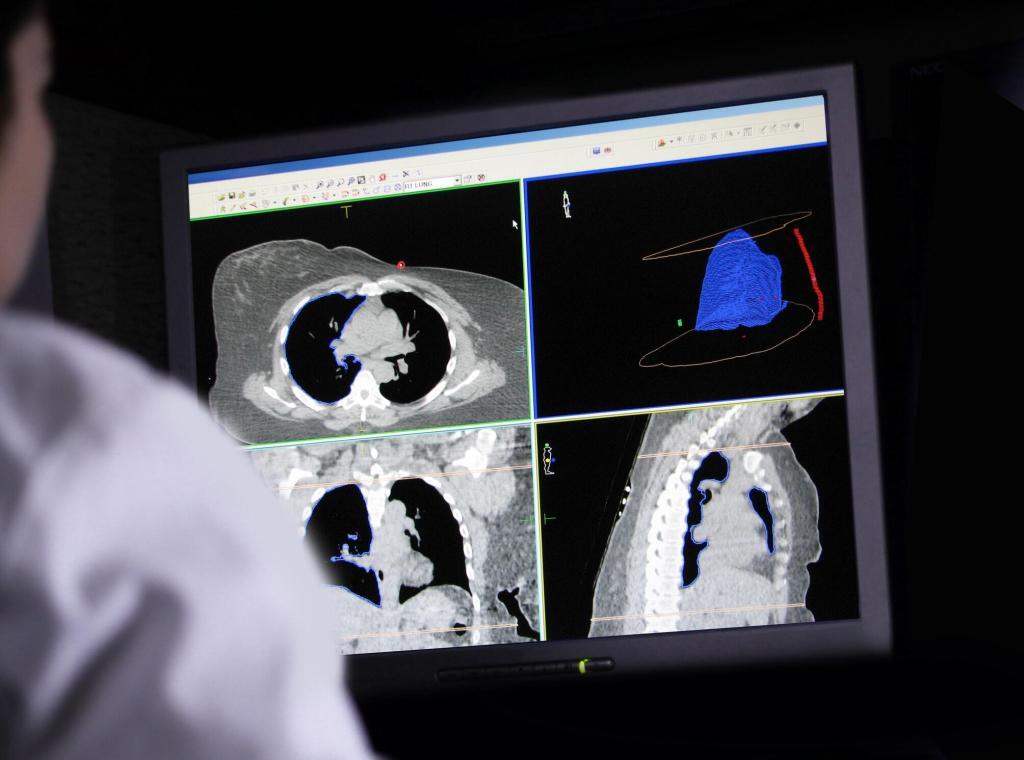Summary: The study of molecules in medicine forms the backbone of drug discovery, therapeutic design, and diagnostics. This article explores the types of molecules critical to modern medicine, such as small molecules, peptides, proteins, and nucleic acids. In addition to their functions, mechanisms of action, and applications in therapeutic development. It also discusses emerging molecular technologies, including nanomedicine and gene therapy, highlighting their transformative potential. The article concludes by reflecting on the future directions of molecular medicine, focusing on personalised medicine, advances in drug delivery, and the ethical challenges in this evolving field.
Types of Molecules in Medicine
The role of molecules in medicine has never been more central than it is today, as advances in molecular biology, chemistry, and biotechnology pave the way for innovative therapies. The molecular approach to medicine encompasses understanding the molecular mechanisms of diseases, developing targeted therapies, and creating diagnostics that can detect disease at an early stage.
Molecules used in medicine can be categorised into several groups, each with unique properties and functions.
Small Molecules
Small molecules are low-molecular-weight compounds, often organic, that can easily penetrate cells and modulate biochemical pathways. They include drugs like aspirin, antibiotics, and many chemotherapy agents. Their small size allows them to interact with cellular targets, such as enzymes and receptors, influencing physiological processes.
Peptides and Proteins
Peptides and proteins are larger than small molecules and are critical in various therapeutic areas. Insulin, a peptide, is a well-known example used in diabetes management. Monoclonal antibodies, a type of protein-based drug, have revolutionised cancer treatment by targeting specific cancer cell markers. These biomolecules often exhibit high specificity for their targets, reducing the likelihood of side effects.
Nucleic Acids
Nucleic acids, such as DNA and RNA, have become invaluable in treating genetic disorders and developing vaccines. RNA-based vaccines, as evidenced by the mRNA vaccines for COVID-19, highlight the therapeutic potential of nucleic acids. Gene therapies, which aim to correct genetic defects by inserting healthy copies of genes into cells, offer hope for treating diseases like cystic fibrosis and muscular dystrophy.
Carbohydrates and Glycans
Carbohydrates and glycans, although often overlooked, play essential roles in medicine. These molecules are involved in cell signalling, immune responses, and pathogen recognition. They are used in developing vaccines and as adjuvants in immunotherapies, enhancing the body’s immune response against diseases.
Mechanisms of Molecular Action
The effectiveness of therapeutic molecules relies on their ability to interact with specific biological targets. Understanding these mechanisms is crucial for designing effective drugs with minimal side effects.
Receptor-Ligand Interactions
Many drugs function by binding to cellular receptors. This binding can either activate the receptor (agonists) or block it (antagonists). For instance, beta-blockers, used in treating cardiovascular diseases, work by blocking beta-adrenergic receptors, thus reducing heart rate and blood pressure.
2.2 Enzyme Inhibition
Enzymes are biological catalysts that facilitate various biochemical reactions. Certain diseases, like cancer, involve overactive enzymes. By inhibiting these enzymes, drugs can reduce or halt the disease progression. For example, protease inhibitors are crucial in managing HIV/AIDS by blocking the enzyme responsible for viral replication.
Nucleic Acid Interactions
Gene therapies and nucleic acid-based drugs target the genetic level of diseases. Techniques like RNA interference (RNAi) and CRISPR-Cas9 genome editing allow scientists to silence harmful genes or introduce beneficial ones, offering treatment options for genetic disorders that were previously untreatable.
Immunomodulation
Immunomodulatory drugs influence the immune system’s activity, either by boosting it, as in vaccines, or suppressing it, as in autoimmune diseases. Monoclonal antibodies are a prime example, as they can be engineered to target specific immune cells or cancer cell markers, enhancing the immune system’s ability to fight disease.
Applications of Molecular Medicine
The diverse types of molecules used in medicine have found applications across a broad range of therapeutic areas.
Oncology
Cancer treatment has greatly benefited from molecular medicine, with targeted therapies providing more personalised and effective treatment options. Drugs like imatinib, which specifically targets cancer cells with minimal impact on healthy cells, have transformed outcomes for certain cancers.
Cardiovascular Diseases
Molecular drugs have transformed the treatment of cardiovascular diseases, with statins being one of the most widely used drugs for reducing cholesterol levels. Additionally, newer anticoagulants provide safer alternatives for patients with conditions like atrial fibrillation, reducing the risk of stroke without the need for regular monitoring.
Infectious Diseases
The COVID-19 pandemic underscored the importance of molecular medicine, with mRNA vaccines rapidly developed to combat the virus. Antiviral drugs and antibiotics continue to be vital in treating infections, with ongoing research focusing on overcoming antimicrobial resistance.
Neurological Disorders
Molecular therapies hold promise for treating complex neurological disorders like Alzheimer’s and Parkinson’s disease. New research is exploring the use of peptides and gene therapies to address these conditions, potentially slowing or even reversing disease progression.
Genetic Disorders
Gene therapies represent a major breakthrough in treating genetic disorders. Techniques like CRISPR-Cas9 allow precise edits to be made to the genome, correcting mutations that cause diseases. This approach offers hope for conditions like haemophilia, spinal muscular atrophy, and certain types of muscular dystrophy.
Emerging Molecular Technologies
The field of molecular medicine is rapidly evolving, with emerging technologies paving the way for new therapeutic options.
Nanomedicine
Nanomedicine involves using nanoparticles to deliver drugs with greater precision. Nanoparticles can encapsulate drugs, protecting them from degradation and allowing targeted delivery to specific tissues or cells. This technology is particularly promising in cancer treatment, where nanoparticles can deliver chemotherapy directly to tumours, reducing side effects.
Gene Editing and CRISPR
CRISPR-Cas9 technology has revolutionised gene editing by allowing precise modifications to DNA. This technology holds immense potential for treating genetic diseases, cancer, and even infectious diseases. However, ethical considerations around gene editing, especially concerning germline modifications, remain a significant challenge.
RNA Therapies
RNA therapies, particularly mRNA vaccines, have gained attention following the COVID-19 pandemic. This approach can be applied to various diseases, including cancer and genetic disorders. By instructing cells to produce therapeutic proteins, RNA therapies offer a flexible platform for drug development.
Synthetic Biology
Synthetic biology involves engineering organisms or biological systems for specific purposes. In medicine, synthetic biology could enable the creation of new drugs, biosensors, and even “living medicines” that can sense and respond to disease conditions within the body.
Future Prospects of Molecular Medicine
The future of molecular medicine promises new therapeutic options and a shift towards personalised healthcare.
Personalised Medicine
Personalised medicine aims to tailor treatments to individual patients based on their genetic profile, lifestyle, and environment. By understanding the molecular basis of a patient’s disease, therapies can be customised to maximise efficacy and minimise side effects.
Advances in Drug Delivery
New drug delivery systems, including smart drug delivery and bio-responsive nanoparticles, are being developed to improve the effectiveness of therapies. These systems aim to release drugs only in response to specific physiological triggers, enhancing their precision and reducing side effects.
Ethical and Regulatory Challenges
As molecular medicine advances, ethical considerations become more prominent, particularly around gene editing and synthetic biology. Regulatory frameworks will need to evolve to address the safety, efficacy, and ethical implications of these new technologies.
Integration of AI in Molecular Medicine
Artificial intelligence (AI) is playing an increasingly important role in molecular medicine, from drug discovery to personalised treatment planning. AI algorithms can predict molecular interactions, identify potential drug candidates, and optimise clinical trial designs, significantly accelerating the development process.
Conclusion
The field of molecular medicine continues to evolve, offering new solutions to some of the most challenging diseases. By understanding the molecular mechanisms of disease, researchers can develop targeted therapies with unprecedented precision. Small molecules, peptides, proteins, and nucleic acids are at the forefront of this revolution, and emerging technologies like nanomedicine, gene editing, and RNA therapies hold immense potential. As we look towards the future, personalised medicine and advanced drug delivery systems are expected to redefine healthcare, providing treatments that are not only more effective but also more closely tailored to individual patients. Nonetheless, the journey of molecular medicine will need to balance scientific progress with ethical considerations, ensuring that these powerful tools are used responsibly to benefit society.
Disclaimer
The content provided in this article is for informational and educational purposes only and does not constitute medical, scientific, or professional advice. While every effort has been made to ensure the accuracy of the information at the time of publication, Open MedScience makes no representations or warranties regarding the completeness, reliability, or applicability of the content. Readers should consult qualified healthcare professionals before making decisions related to medical treatments or healthcare interventions. References to specific drugs, therapies, or technologies are intended for general understanding and do not imply endorsement. The views expressed are those of the authors and do not necessarily reflect those of Open MedScience or its affiliates.



